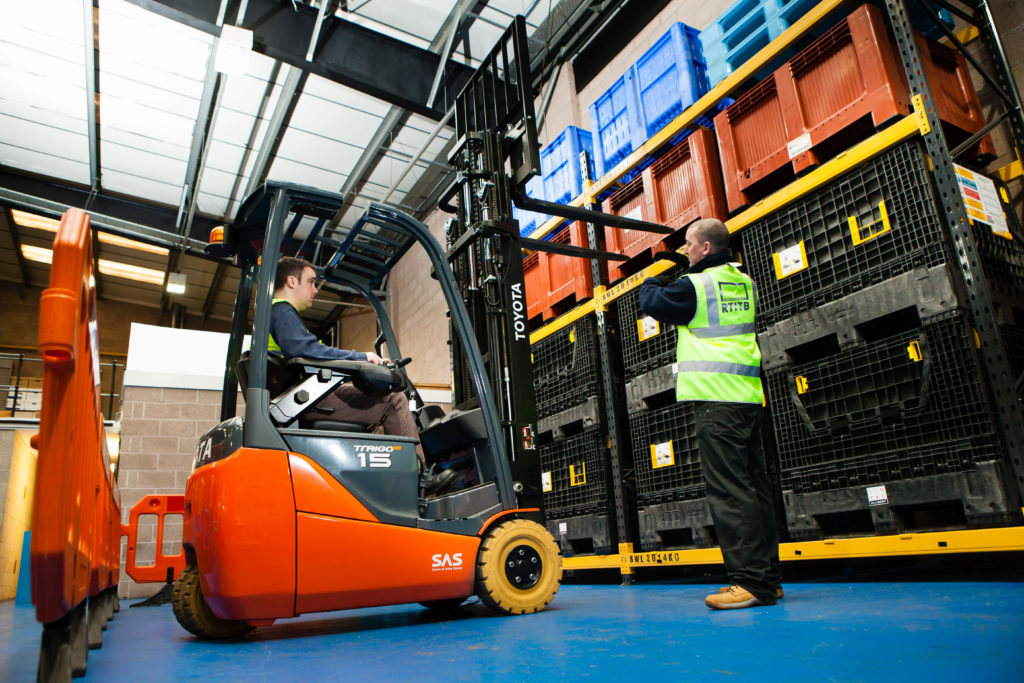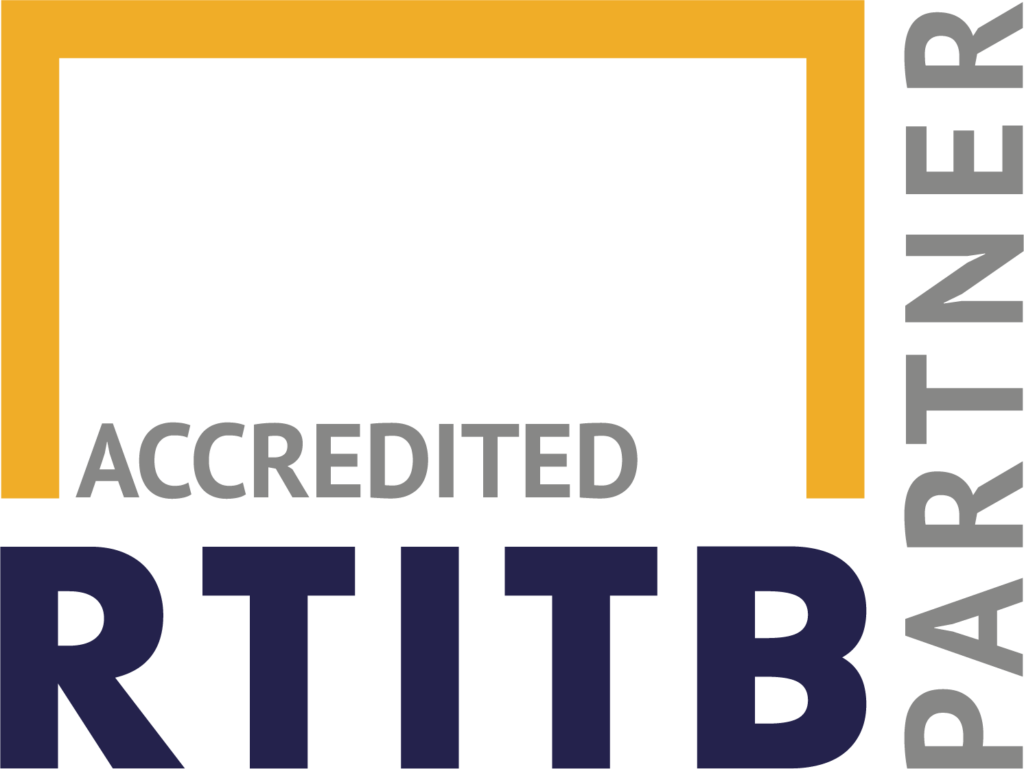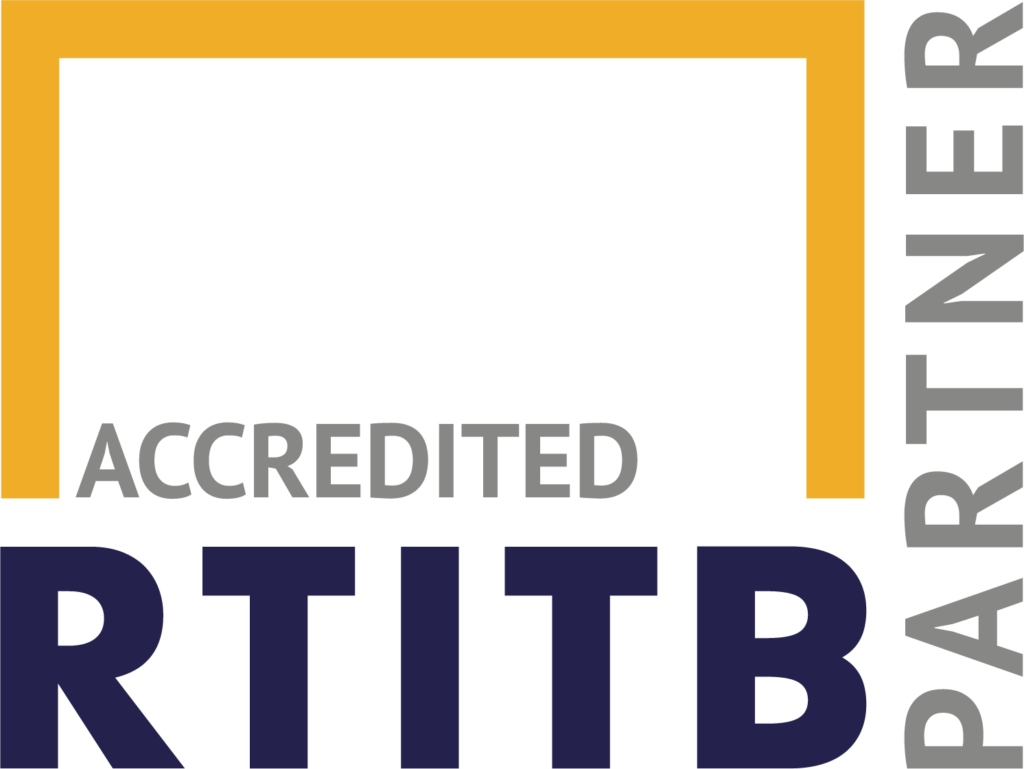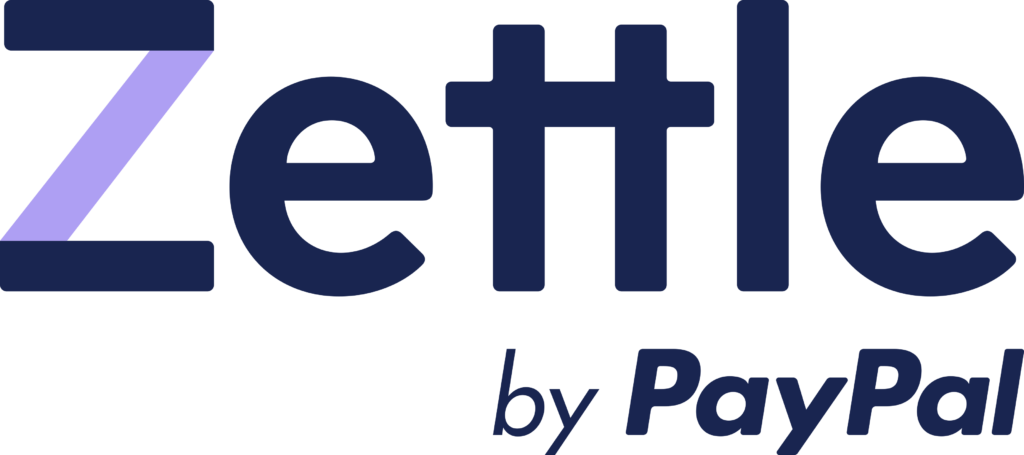MHE TRAINING
We provide a wide range of in-house training. We will come to your site and train your employees on the equipment they will be using day to day. Click here to see the full list of courses we provide.
We provide a wide range of in-house training. We will come to your site and train your employees on the equipment they will be using day to day. Click here to see the full list of courses we provide.
We also offer a range of other courses. From manual handling to fire marshal. If you are looking for something not on the list please contacts us. Click here to see the full list
Online training course’s to help you achieve your goals, whether its’s for yourself or your team. Our one-on-one tutor led online training courses are packed with all the information your employees need to keep your business safe and compliant and they are always up to date.
WB Training are forklift training providers based in Brierley hill, Dudley, West Midlands. We are accredited by RTITB to deliver in centre and onsite forklift training nationwide. We also deliver in house forklift training if preferred. Not only do we deliver onsite forklift training, we also deliver onsite industrial training for example overhead crane training, manual handling, abrasive wheels, vehicle banksman, scissor lift and cherry picker.
We offer forklift training onsite and in centre 24/7, yes including weekends. We understand the difficulty of organizing training courses around busy working requirements and mixed shift patterns, so making ourselves as flexible as possible will reduce the stresses of organizing courses.
Benefits of onsite forklift training.


RTITB Accredited training.
WB Training meet all criteria required to be accredited by RTITB. The main goal of the RTITB is to save businesses money by reducing accidental damage to product, machinery and more importantly people. Saving lives is the common goal. Instructors are trained to a high standard ensuring all forklift training courses are delivered using the latest training techniques.
Course contents – what to expect during a novice forklift course.
We have found over the years a lot of operators/trainees believe driving a forklift is easy and only consists of steering the truck and using the hydraulics. The first time they sit on the machine they then realise there is a lot more to it than first thought. For example, they often don’t realise how poor visibility can be and the difficulty of getting use to reversing a machine that steers from the rear. It is our job to train them how to operate the forklift safely using a mixture of techniques. We also find trainees don’t understand the legal requirements and regulations that are involved with forklift operation.
Here is a list of course content,
Course types
Their are 4 main course types when it comes to forklift training.
A reach truck is a type of lift truck used mainly for stacking pallets in tight spaces and narrow aisles. It has an extendable mast and forks that can reach out to pick up and place items, allowing the operator to access areas that a standard counterbalance truck cannot. A counterbalance truck, on the other hand, is a standard lift truck used mainly for lifting and moving pallets and other large items. It utilizes a counterbalance weight to balance the load, allowing the operator to lift and move heavy items without straining.
In-house forklift training is training that is provided by an employer or other organization within their own facilities. This type of training may be conducted by the employer’s own staff or by a contractor who has been hired specifically to provide the training. In-house training can be customized to meet the specific needs of the organization and may be more convenient for employees who do not have to travel to attend the training.
Accredited forklift training is training that is provided by an organization that has received accreditation from a recognized body, such as RTITB (Road Transport Industry Training Board) or ITSSAR (Independent Training Standards Scheme and Register). Accredited training programs are typically more structured and standardized, and they are designed to meet certain industry-recognized standards. Accredited training can be beneficial for individuals who are seeking employment in the road transport and logistics industry, as it demonstrates that they have received a high level of training and are qualified to work in their chosen field.
In general, both in-house and accredited forklift training can be effective in teaching individuals the knowledge and skills they need to operate a forklift safely and effectively. The decision between in-house and accredited training will depend on the specific needs and circumstances of the individual or organization.
There are several different types of forklift training courses that are available, and the type of course that an individual will need to take will depend on their specific needs and circumstances. Here are some common types of forklift training courses:
Novice forklift training: This type of course is designed for individuals who have little or no experience operating a forklift. Novice courses typically cover the basics of forklift operation, including how to safely start and stop the forklift, how to manoeuvre it in different environments, and how to load and unload materials.
Refresher forklift training: This type of course is designed for individuals who have previously received forklift training but need to refresh their skills or update their knowledge. Refresher courses typically review the basics of forklift operation and may also cover more advanced topics, such as operating the forklift in different environments or handling hazardous materials.
Conversion forklift training: This type of course is designed for individuals who have experience operating one type of forklift but want to learn how to operate a different type. Conversion courses typically focus on the specific features and controls of the new type of forklift, as well as any differences in operation compared to the individual’s previous experience.
Specialized forklift training: This type of course is designed for individuals who need to operate a forklift in a specific type of environment or with specialized materials. Specialized courses may cover topics such as operating a forklift in a warehouse with narrow aisles or handling hazardous materials.
Overall, the type of forklift training course that an individual needs to take will depend on their level of experience and the specific requirements of their job. It is important to choose a course that meets the individual’s needs and provides the knowledge and skills they need to operate a forklift safely and effectively.
RTITB (Road Transport Industry Training Board) is a UK-based organization that provides accreditation for training providers who deliver courses related to the road transport and logistics industry. RTITB accredited training programs are designed to ensure that students receive high-quality, industry-recognized training that meets the standards set by RTITB.
RTITB offers a range of accreditations for different types of training programs, including forklift training, driver training, and logistics training. To receive RTITB accreditation, a training provider must meet certain criteria, including having qualified trainers and appropriate facilities and equipment. Training providers that are accredited by RTITB are listed on the organization’s website, and their courses are recognized by employers as being of a high standard. RTITB accredited training can be beneficial for individuals who are seeking employment in the road transport and logistics industry, as it demonstrates that they have received a high level of training and are qualified to work in their chosen field. It can also be beneficial for employers, as it helps to ensure that their employees are trained to the highest standards and are able to carry out their duties safely and effectively.
In the United Kingdom, forklift training is required for anyone who is responsible for operating a forklift as part of their job. This is because forklifts are powerful and potentially dangerous machines that can cause serious injury or death if they are not operated safely. Proper training is essential to ensure that forklift operators have the knowledge and skills they need to safely and effectively use these machines.
There are several specific requirements related to forklift training in the UK. For example, the Health and Safety Executive (HSE) recommends that forklift operators receive formal training, including both theoretical and practical instruction. The HSE also recommends that forklift operators receive refresher training on a regular basis to ensure that they remain competent and up to date on best practices for operating these machines.
In addition to the HSE’s recommendations, there are also legal requirements related to forklift training in the UK. For example, the Provision and Use of Work Equipment Regulations 1998 (PUWER) require employers to ensure that their employees who use work equipment, including forklifts, are competent to do so. This includes providing appropriate training and ensuring that employees are familiar with the safe use of the equipment. Overall, forklift training is required in the UK to ensure the safety of forklift operators and other workers, and to comply with legal requirements. Proper training is essential to help prevent accidents and injuries, and to ensure that forklifts are used effectively and efficiently in the workplace.
Contact us for more info.
Click HERE to see other training we provide.
Call now to book a course – 07305098558 / 01902479991
Ask a question or book Via Email – wbtraining1@hotmail.com
Unit 30, Delph Industrial Estate, Brierley Hill, DY5 2UA
Our opening times are 07:00 – 16:00 7 Days a week
We also offer training out of hours call for more information.
Please read WB Training Terms and Conditions, before making a booking


